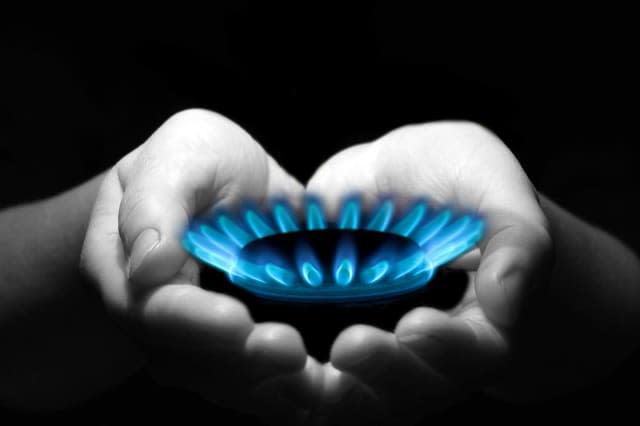GB Energy Collapse could be the first of many. Are you safe?

GB Energy, a small low-cost energy provider, has gone under, and the experts are claiming that it won't be the last. Several more players could be gone by the spring, including those offering some of the best deals. What does it mean for you?
See also: Thousands face risk of higher bills after energy supplier folds
See also: Five million switch energy firms but two-thirds on expensive tariffs
GB Energy folds
GB Energy shocked its 160,000 customers when it announced over the weekend that it was going out of business. The company fell victim to the one feature of the firm that had attracted thousands in the first place.
Customers of the big six (British Gas, npower, E.ON, EDF Energy, SSE and Scottish Power) have been unimpressed with the way prices rise when the wholesale cost of energy goes up, but don't come down fast enough when prices drop.
The Big Six have long-argued that they buy their energy a long time in advance at a fixed price, so they don't benefit immediately from price drops - so they don't pass savings on quickly.
In the past few years, smaller players have arrived on the scene, who don't fix the price of energy a long time in advance, so they are able to bring prices down far quicker at times of falling wholesale prices. While the price of wholesale energy was dropping, these smaller, more nimble, players picked up an enormous amount of business.
Why?
The trouble is that the market is moving against them now. Wholesale gas prices are up 35% this year and electricity 40%. GB Energy didn't buy lots of energy in advance, so that when it saw massive hikes in wholesale energy prices, it couldn't buy energy cheaply enough to honour its low prices.
The concern is that GB Energy won't be the only smaller player to struggle. Doug Stewart, chief executive of Green Energy UK, says that some of the cheapest tariffs were simply too low to be sustainable - so this was always going to happen at some point.
A harsh winter and continued high prices could therefore mean several more companies will go to the wall. Ben Jones, managing director of Extra Energy, has suggested that up to half of the 41 challenger suppliers may fold.
What does it mean for you?
This is an unsettling thought, but there are two reasons why it's not the end of the world.
If your energy company goes bust, Ofgem has procedures that kick in, so you won't be cut off, you'll just be automatically switched to another supplier.
It means you should take a meter reading as soon as you can, and wait to be contacted by the new provider. When they get in touch, you will be able to start shopping around for a better deal.
These new deals tend to be more expensive, but it is worth waiting before acting, because allowing this automatic changeover means your new provider will deal with the admin - so if you have a credit with GB Energy your new supplier will help you get your money back - and may credit your new account with the cash.
The other silver lining may be tricky to fully appreciate if you have been left in limbo by the failure of the firm - but the failure of GB Energy is an indication that competition is finally working to some extent in the market.
The fact that the company was so keen to compete that it lowered prices to an unsustainable level goes to show that competition is still alive in the energy market. At a time when wholesale prices are on the rise, we need to see that energy companies are pushing the boundaries on price. The fact that one went to the wall is an unfortunate sign that it pushed too hard - but it's still good news that they're not all sitting pretty on fat profits pad by us.




